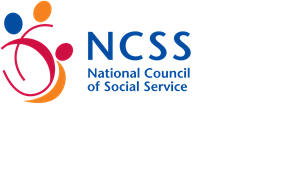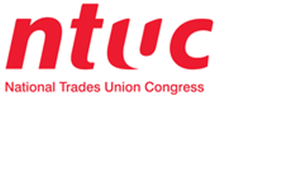Students will learn about the economic approach of analyzing issues related to the family and the society, which are nonetheless topics in other disciplines as well. We use basic economic models to explain the marriage market, fertility choice, decision makings of families in terms of human capital accumulation, and intergenerational mobility. The economic approach to human behavior, both theoretical and empirical, can also be applied to examine parental choice of primary school, interaction of youths across socioeconomic groups, work-family balance, coping strategies of the sandwiched generation, impact on and responses by families and the government to an aging population, and impact of changing social attitudes on families.
Specific topics will be incorporated or will even replace some of the above given the experiential nature of the course; in fact, the topics to be investigated as group projects will be jointly formulated by the students, the faculty, and the partners based on issues and problems they are facing currently. As the SMU-X course is experiential in nature, the coverage may vary according to the needs and interests of the partners at the time the course is offered.
Students will conduct literature review, develop their research questions in consultation with the faculty and partners, gather data from the public domain or provided by the partners, and analyze the data using qualitative and quantitative methods. If feasible and appropriate, they may conduct experiments, design survey questionnaire, conduct focus group discussions, or write an opinion piece for the newspaper.
Students are expected to submit a group project proposal (Week 6), to present a progress report (Week 10), and to complete a final report and presentation (Week 12), to be graded by the faculty and partners. Quantitative and qualitative skills are needed in the group projects. As confidential data may be used, partners may be involved in the selection (interviews) of students.
This course enables students to learn from and interact with the partners on real-world issues, problems, and policies related to the family and the society at large, especially for the case of Singapore. Starting with some economic theories, students will explore quickly other disciplines such as sociology, social work, psychology, law, and politics, and hence inter-disciplinary in nature. The topics to be covered are experiential and evolving, according to the current issues or challenges faced by the partners. In essence, students learn not just theories, but also have an opportunity to contribute to actual research and practices of the partners.

Students examined the mobility of young people today through understanding the role of the family in the formation of expectations, aspirations and capital, and how competing expectations and unmet aspirations might affect wellbeing.

Students analysed the cost incurred by families and the society at large on the issue of the rising trend of vulnerable youths with mental health conditions.

Students researched on the challenges and opportunities related to the upward mobility of workers, including the relationship of upward mobility investment with workers' satisfaction with family, confidence in government policies on retirement and savings, and economic status of their children.